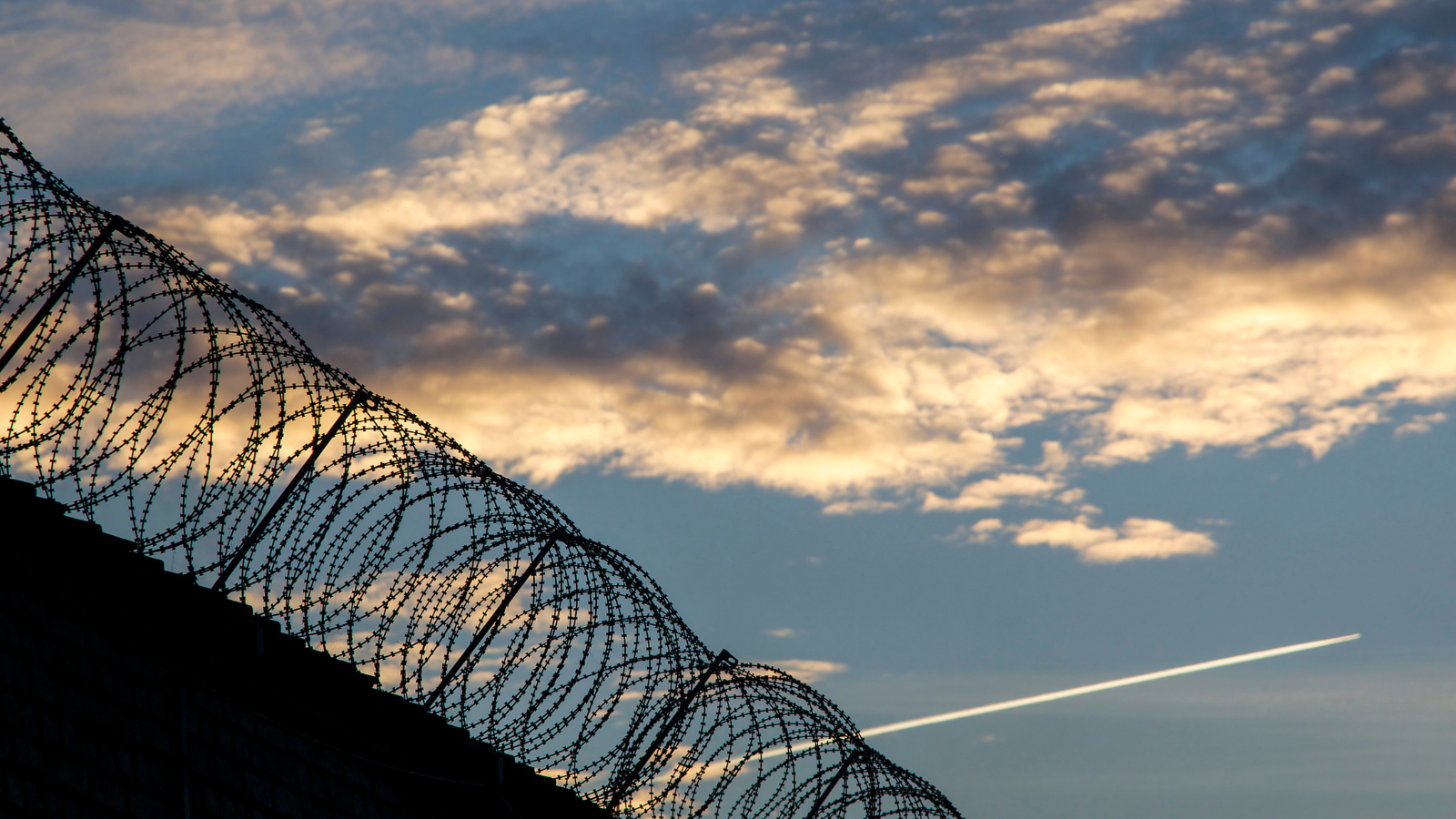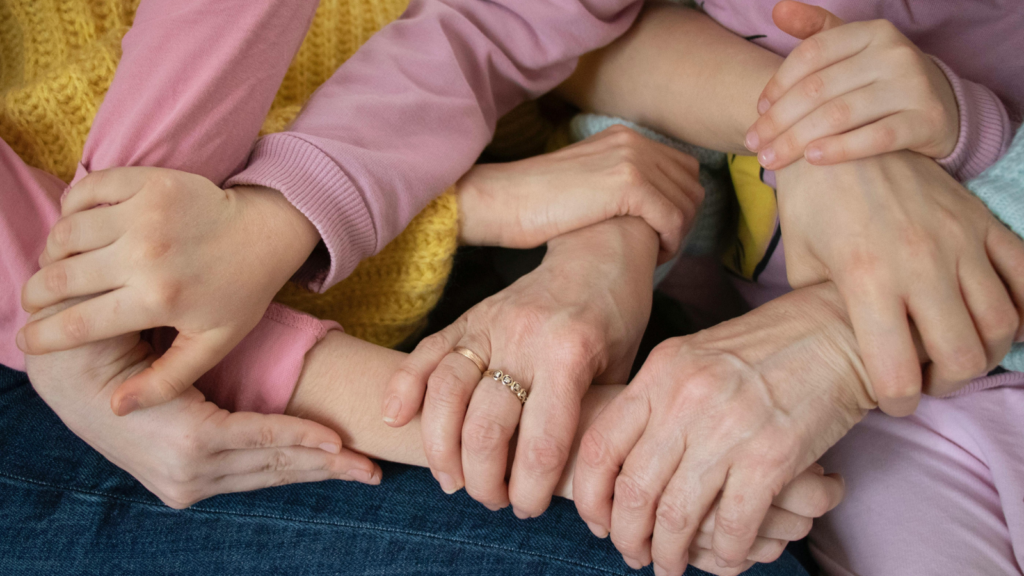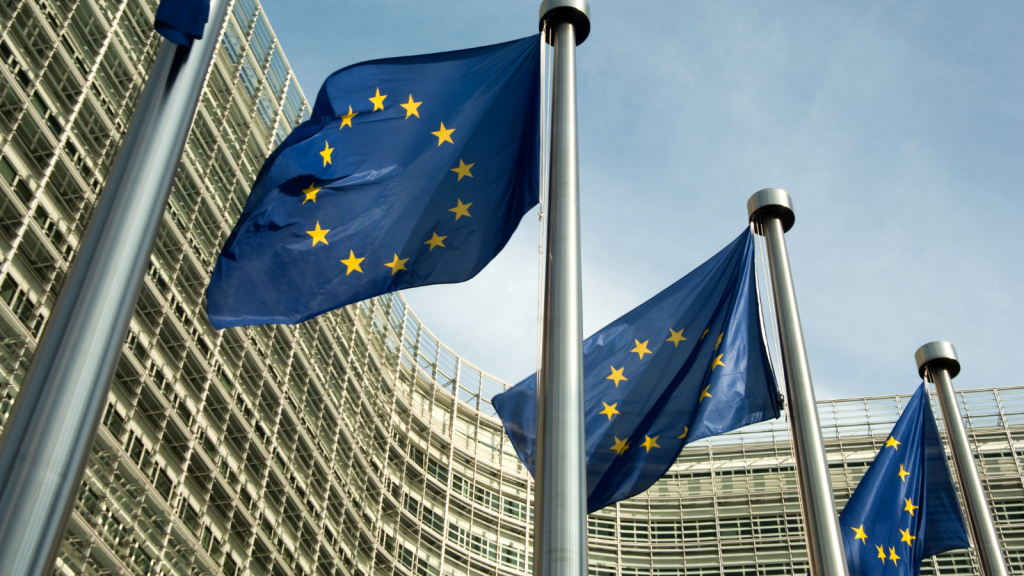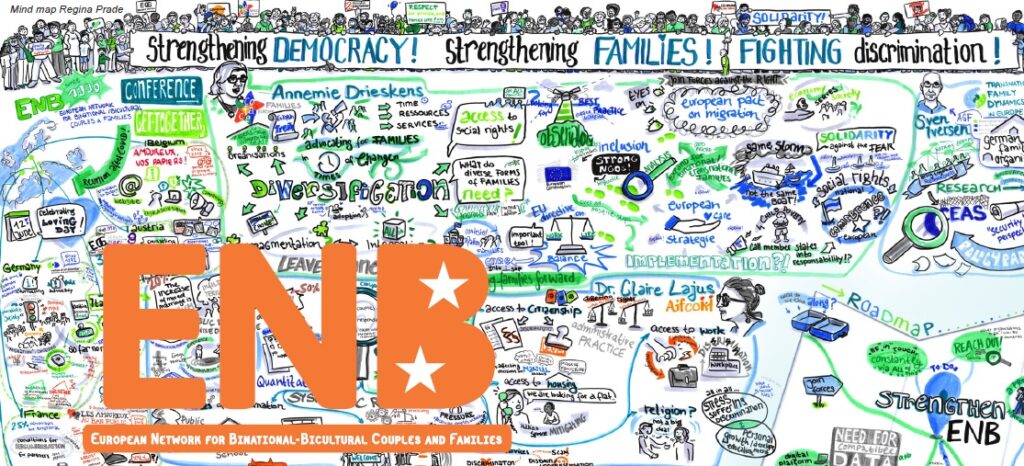Have you ever been inside a prison? For many children in Europe the inside of a prison is a reality when they go visit their imprisoned parent, some children even live together with their parent inside the prison. Children with imprisoned parents are often ‘invisible’ or ‘forgotten victims’ of the criminal justice system. Although these children are not in conflict with the law themselves, they are impacted by a parent’s involvement in the criminal justice system from the arrest onwards through the imprisonment and the release from prison. Yet few statistical records are kept on the parental status of persons in prison, which makes it difficult to have an actual idea of how many children are affected. According to Children of Prisoners Europe, it is estimated that around 700.000 children in Europe are separated from their imprisoned parent.
The journey to visit an imprisoned parent
When fulfilling my master’s studies, I had the opportunity to follow a course inside a Belgian prison, where half of the students were (pre-trial) detainees. The course took place in the visitors’ room of the prison, which meant we had to follow the security procedure and navigate through the maze of the prison. When walking through the prison building and going from one big steel door to another, I noticed some colourful blue and pink footsteps on the floor. Additionally, on the wall there were two mascots explaining to children how the prison works. These initiatives contributed to making the way children travel from the entrance hall to the visitors’ area more child friendly.
However, for children the journey to visit an imprisoned parent does not start at the prison’s entrance hall, but at their home. The way from home to the prison is often already a struggle. The parent is not always imprisoned in the closest prison to home, and prisons are often far from urban centres and poorly served by public transport. Especially women’s prisons, as they are fewer in number, tend to be further away. Moreover, visiting hours are often during school hours and limited in amount of time. Many children need to miss classes and make long and costly travels to only spend one hour of quality time with their imprisoned parent.
The rights of children with imprisoned parents
The current criminal justice system fails to see children of imprisoned parents as rights holders. It is time that the children’s rights and best interests are considered at all stages of the criminal justice process. The Council of Europe Recommendation concerning children with imprisoned parents provides guidelines to promote their rights. Within the EU Strategy on the Rights of the Child, the European Commission has called on the EU member states to implement this Recommendation. The guidelines include, among other things, that when a parent is sentenced, the child’s best interest should be considered regarding the choice of punishment. In any case, imprisonment should always be a last resort. When a parent is imprisoned, children should have the right to visit their parent in a child-friendly setting.
For some children, it may be in their best interest when the parent is removed from their home, for example, if the parent in question is abusive. Nevertheless, for most children with imprisoned parents, this is not the case, and they should be able to bond with their parent and to maintain or develop meaningful relationships. The child-parent relationship is not only beneficial for the child, but also for the imprisoned parent. It is shown that keeping the parental role of imprisoned parents alive, will help them with their well-being and rehabilitation.
Concluding thoughts
Although I encourage initiatives that make the prison environment more child friendly, I believe that the institution of prison will always have adverse effects on children whose parents are imprisoned. Therefore, it might be time to challenge the concept of prisons. Detention houses, which are small-scale, differentiated and community-integrated, could be part of a new reality where detainees do not become excluded from society and their family. In addition, it is also important to strengthen cooperation between the criminal and social systems, such as child protection, education, and social services, so that children whose parents are in conflict with the law, get the right support.
About the author: Beatrijs Gelders is a Policy and Communication Assistant at COFACE Families Europe. She graduated from the European Master’s Programme in Human Rights and Democratisation (EMA) for which she wrote the master thesis: “Mothers behind Bars and Children left Outside – Balancing the Child’s Best Interests and the Right to Family Life of the Imprisoned Mother: Need for Penal Reform?”
**DISCLAIMER: All opinions in this article reflect the views of the author, not of COFACE Families Europe**
Photo: ©Getty Images via Canva.com





